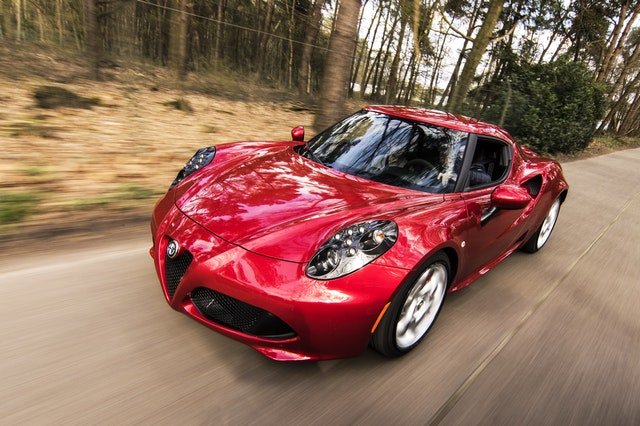Car insurance is a great way to protect automobile users against road accidents. Beyond third-party insurance, several types of auto insurance policies are needed to safeguard yourself and other road users. However, due to the myriad insurance options available, making a choice can be a daunting task. Therefore, it pays to understand the several preferences and the benefits of each, even before the unexpected happens. If you’re not sure where to start, this guide to the different types of car insurance will help.
Comprehensive Car Insurance
The concept of comprehensive car insurance builds on the traditional third-party auto insurance models. Unlike other types of car insurance, a comprehensive insurance policy covers you for a wide range of damages. Just to give an example, let’s say you smash the taillight of a roadside parked car while backing out your new car from the garage. With comprehensive car insurance coverage, both you and the victim are covered. Comprehensive car insurance covers car owners for accidental damages caused by them or others. Some benefits include:
- Vandalism
- Natural Disaster (including tornadoes, earthquakes, etc.)
- Theft
- Hitting an animal
- Repairs to your windscreen
- Covers for personal belongings stolen or damaged in an accident
Comprehensive car insurance also affords car owners significant protection on the road. So it’s an excellent option if you’re looking for complete peace of mind while driving. ‘
That being said, it’s also worth noting that car insurance coverage rates vary from one provider to the other. To determine how comprehensive auto insurance might help you, begin by calculating the worth of your car and subtracting the deductible. The amount you arrive at is the most value to expect from your comprehensive policy when it’s activated. Therefore, adding comprehensive coverage to your liability might never be a miss, especially if the value of your car is high.
Property Damage Liability Insurance
Liability insurance covers any victim responsible for an accident that you’re legally responsible for. It pays for repair costs and any other maintenance costs immediately required after the accident. Property damage liability can be a part of an auto insurance policy. In most states, it’s an auto insurance requirement. Not having property damage insurance may lead to hefty fines or jail time.
Collision Insurance
As the name suggests, the amount of coverage with collision coverage is only limited to repair or replace your car in times of damage. Collision insurance covers damages from collisions or crashing into objects such as trees or fences. This type of insurance is optional for a car insurance policy. However, it might be mandatory when a car owner is financing a lease agreement on their car.
Collision insurance comes with a deductible, and depending on your insurance provider, there will be several options to choose from. However, the bottom line is that sticking to a lower deductible means higher premiums and vice versa if you stick to a higher deductible.
It’s also worth noting that there’s a limit to collision coverage, usually calculated as an automobile’s actual cash value minus depreciation. This means if an accident results in a total loss, claims paid might not be enough to replace your car with a newer model.
Personal Injury Protection (PIP)
Personal injury protection or bodily injury liability insurance helps pay for medical bills if you cause an injury during an accident. It also covers any income losses caused by accidents. In addition, this type of insurance covers doctor’s visits, crutches, recovery wheelchairs, etc. Some US States like Delaware New York require PIP Insurance as a mandatory auto insurance coverage for residents. These states operate a no-fault law system that mandates everyone involved in a car accident to file a claim with an insurance provider irrespective of who is at fault.
